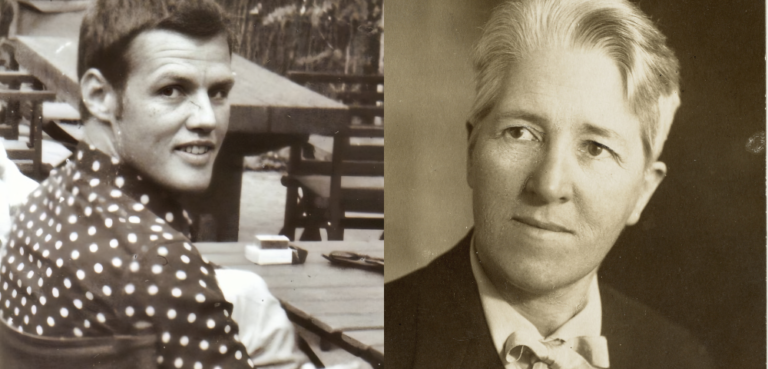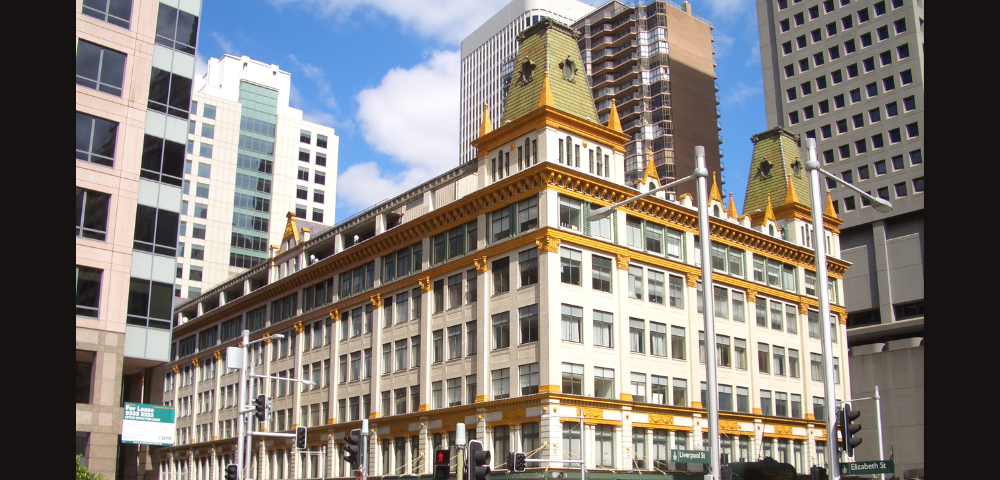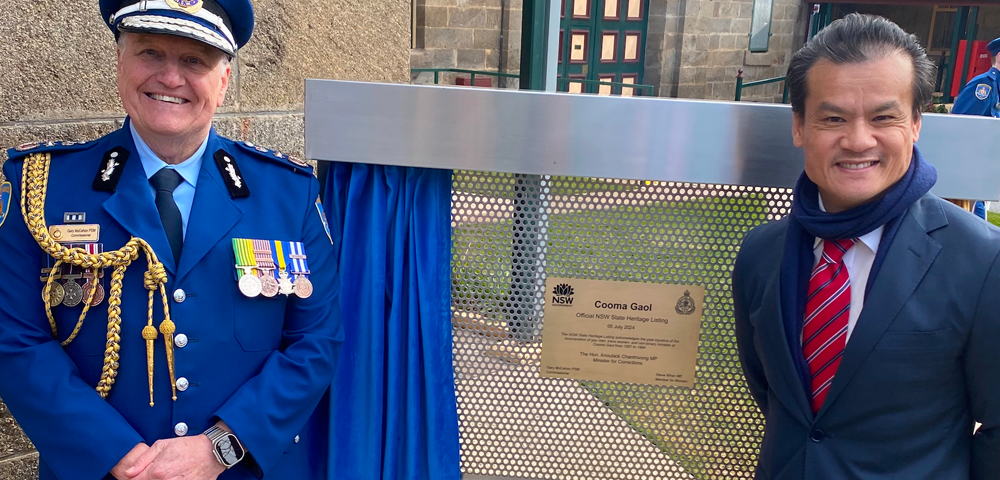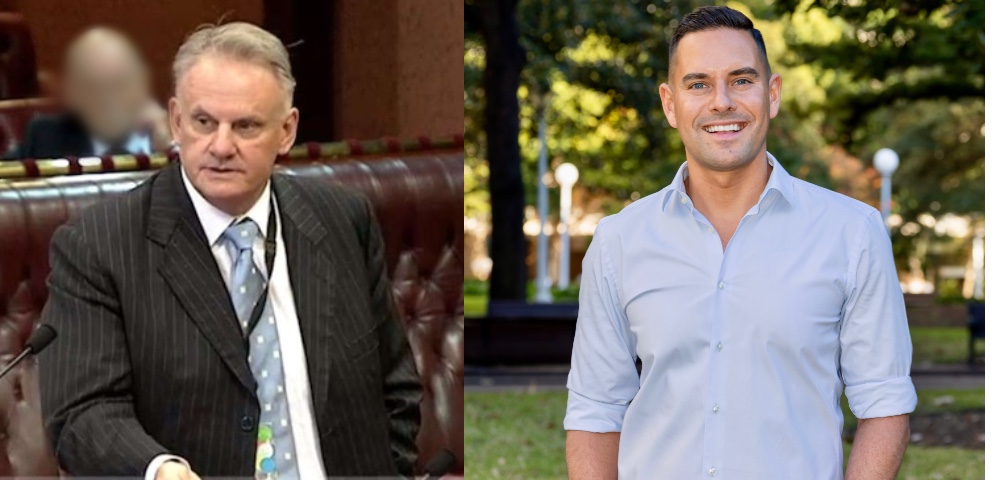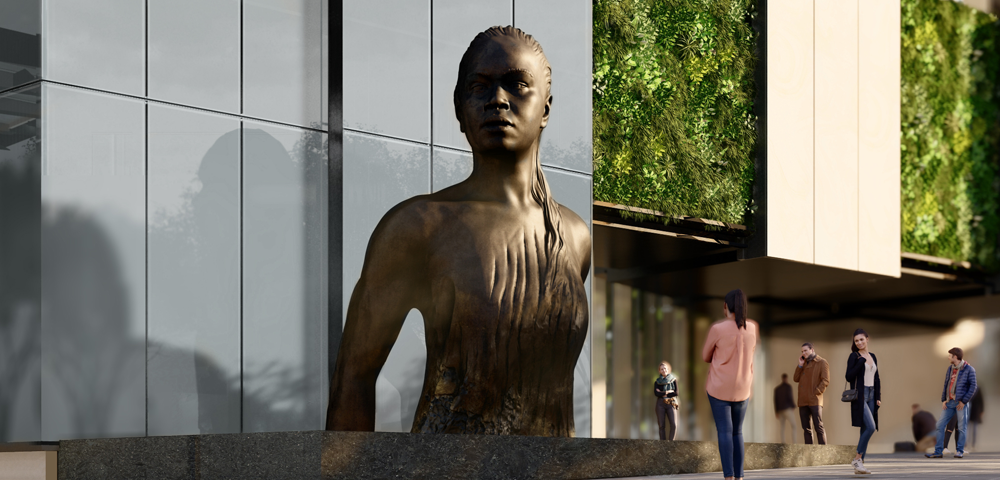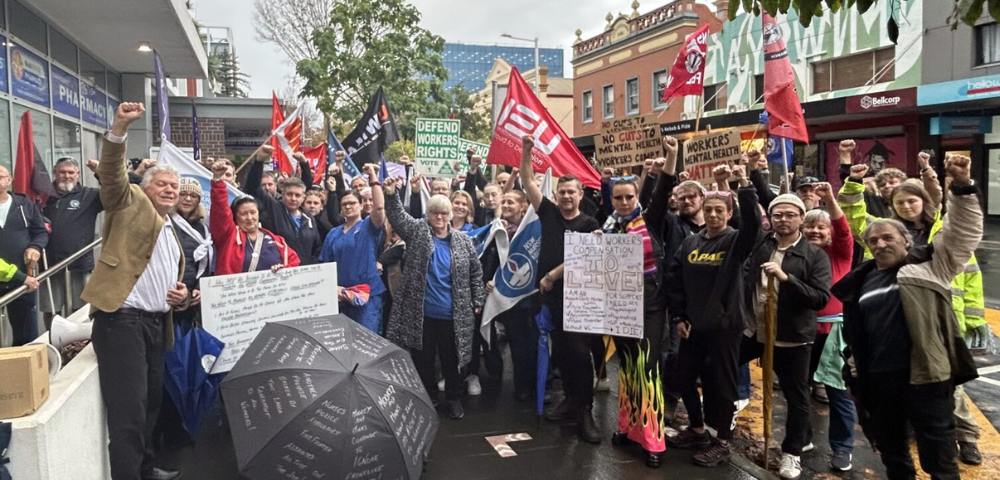
Pushbikes new weapon for Woolloomooloo police
Police in Woolloomooloo have a secret weapon that gives them an element of surprise against street crime: the humble pushbike.
“Bike patrols are very useful,” said Inspector Brad Thorne at a police community meeting in Woolloomooloo last week. “They get around the area very quickly and people don’t tend to see police on bikes coming.”
The bike police have already nabbed thieves breaking into cars in the area, who were found to be carrying stolen goods.
“Since then the numbers of break-ins seem to have dropped off,” said Inspector Thorne.
But bikes are not the only new strategy in the fight against street crime. Police have been locating parked cars with risky items such as GPS navigators on display and leaving notes on the windscreen for the owners.
Police also staked out such a car in Brougham street one night for two hours but on that occasion no-one attempted to break in to it.
Kings Cross Superintendent Tony Crandell responded to requests that the Woolloomooloo Police Station be manned 24 hours, saying police were more effective on the street than sitting in a police station.
But the dominant issue at the meeting was the large numbers of homeless people living around Wallamulla Park and Tom Uren Square.
Lord Mayor Clover Moore, who chaired the meeting, outlined the City’s multipronged strategies to address residents’ concerns while improving conditions for homeless people. While a recent count showed there were more rough sleepers across the city, the number in Woolloomooloo had remained stable.
Regular Council patrols addressed cleanliness and sanitation, and storage was provided so people could stash their bedding and belongings during the day. Ms Moore said the ultimate solution to the conflict was to find housing for people such as the new supported housing project being planned for Camperdown.
Tenders were being finalised to provide a new outreach service, and WISH – Woolloomooloo Integrated Service Hub – provided a monthly one-stop shop service for rough sleepers.
Mess left by free food vans was an issue with some residents. Ms Moore said the City had limited powers to regulate the vans as they were not selling the food, but negotiated with operators to clean up mess and to redirect their charity to areas where it was needed more, such as people who needed support in their homes. She acknowledged that food mess attracted rats and said the City was very active with prevention measures.
Replying to some residents who demanded tougher action against homeless people, Ms Moore said compassionate management was essential. “Nobody wants to be homeless,” she said.
However David, who described himself as “an old army guy”, said he had been homeless for decades because he liked it.
“It’s my right to sleep out – I like the fresh air, and I clean up my own stuff every day” he said.
Inspector Crandell said the vast majority of homeless people needed to be managed. Police let them know the rules such as getting up and removing bedding by 10am, and regularly patrolled to check up on it. “It’s a matter of setting boundaries,” he said.
by Michael Gormly



